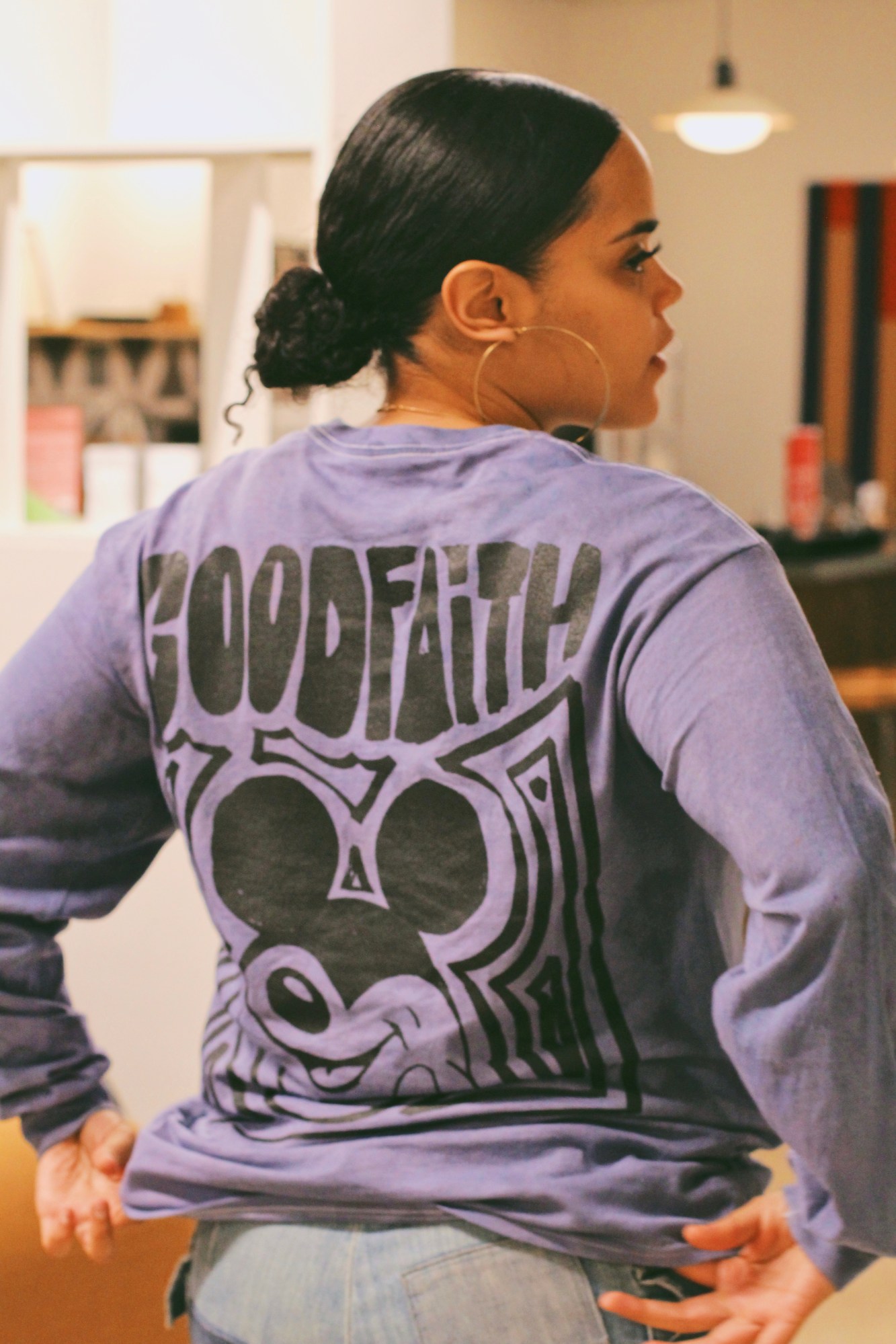For women and queer DJs of color in New York City, the art of DJing is much more than a technical process. It is a sacred act — a celebration of life, expression, movement, inclusivity, and healing. These are values that New York-based DJ JADALAREIGN, or Jada Lorraine, emphasizes not only in her sets but in her pursuits outside of the club too.
Jada is the founder and curator of Skillshare, a music-based educational series prioritizing women, queer, and non-binary people of color. Through workshops and discussions, participants are able to learn and gain experience in DJing, audio production, and the music business.
The most recent Skillshare session was facilitated by Riobamba, an Ecuadorian-Lithuanian DJ and producer based in New York, and held at Ethel’s Club. They discussed entrepreneurship and the legacy of women of color in music. “I focus on music that is storytelling for my own experience being ni de aquí, ni de allá — neither from here nor there. DJing to me is connection, expression, healing, sharing, giving,” Riobamba says.
Similarly, Skillshare provides resources, mentorship, and knowledge to women and queer people of color in a way that’s designed specifically for them. “Everything I learned was out of trial and error, and figuring it out my own way,” Jada explains. “Once I got to a place where I felt good about my abilities, my knowledge, and expertise as a DJ, I thought it’s now time for me to give that back in some way. How can I give that back to other people?”
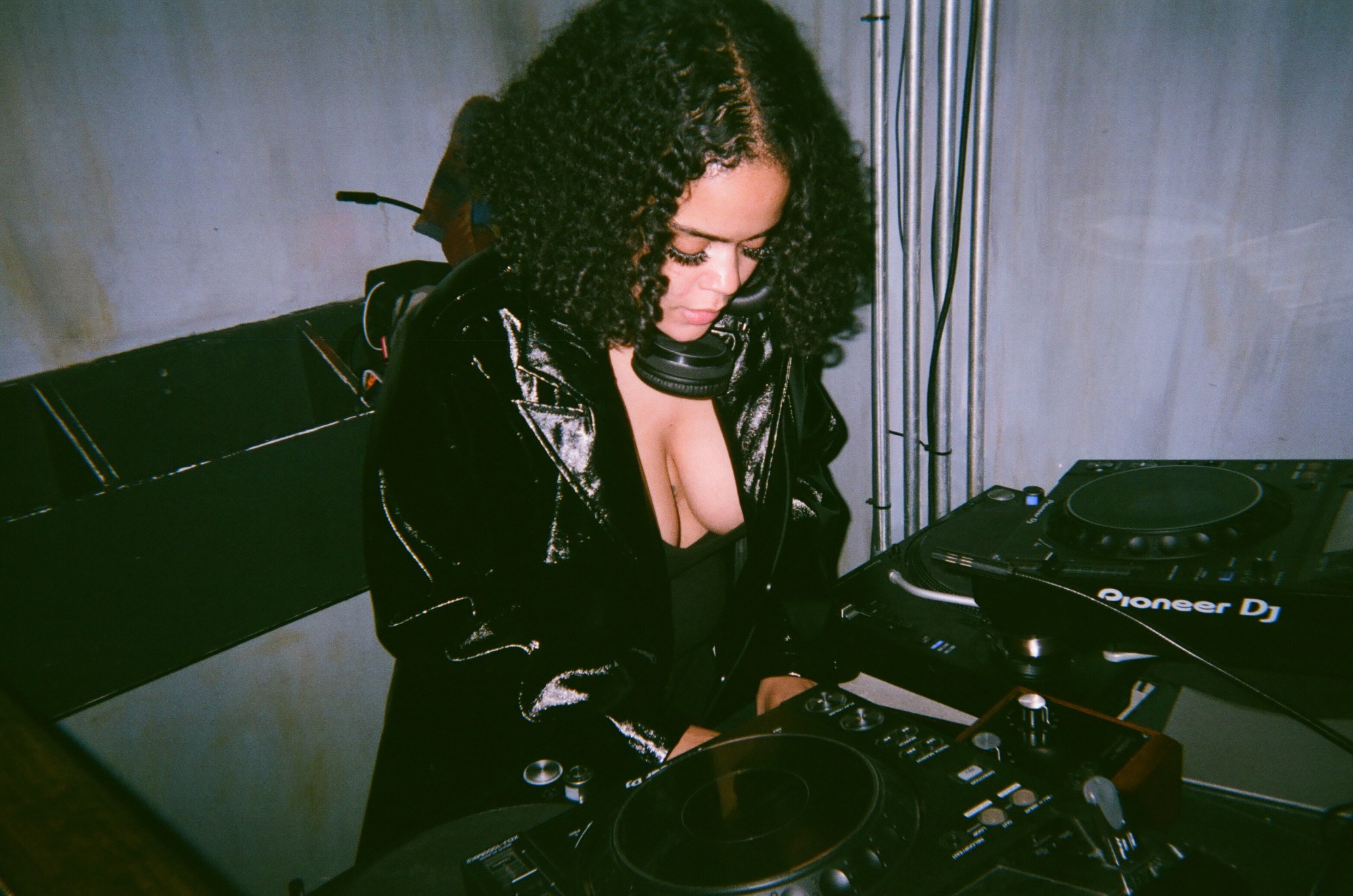
What started out as a one-time workshop with Half Moon BK early last year turned into ten workshops within the span of a month at Brooklyn’s PWRPLNT during the spring. Jada’s workshops covered a variety of topics from methods of DJing to production, and how to use programs like Serato, Logic, and Ableton. By the end of it, so many participants were asking Jada when the next workshop would be that she decided to make it into an ongoing series.
“When I first started out, it was hard to establish myself because there was a lack of resources and lack of mentorship,” Jada says. “This guy that had been giving me lessons — I didn’t really feel like I could ask him questions after his comment of ‘pussy power’ being the reason I got my first gig on my own. I always wished there was a woman whom I could ask questions. I didn’t really feel like I had that.”
Jada handles almost the entirety of Skillshare’s workload on her own, from creating flyers to sourcing the equipment. Workshops last around two hours, whether they’re skill-building sessions or discussions, and tickets can be secured online based on a sliding scale donation. DJs who facilitate workshops or discussions are given free reign to teach the way they learn best. Allies are also welcome, but Jada makes sure that everyone in attendance is mindful and that women, queer, and nonbinary people of color are prioritized first.
“We prioritize these people first because we don’t have these resources. Most of the people who attend end up making friends. The community factor is just as important to me as the learning factor is—it’s really good to have a network of people who are in your corner, who are in the same place as you,” Jada says.
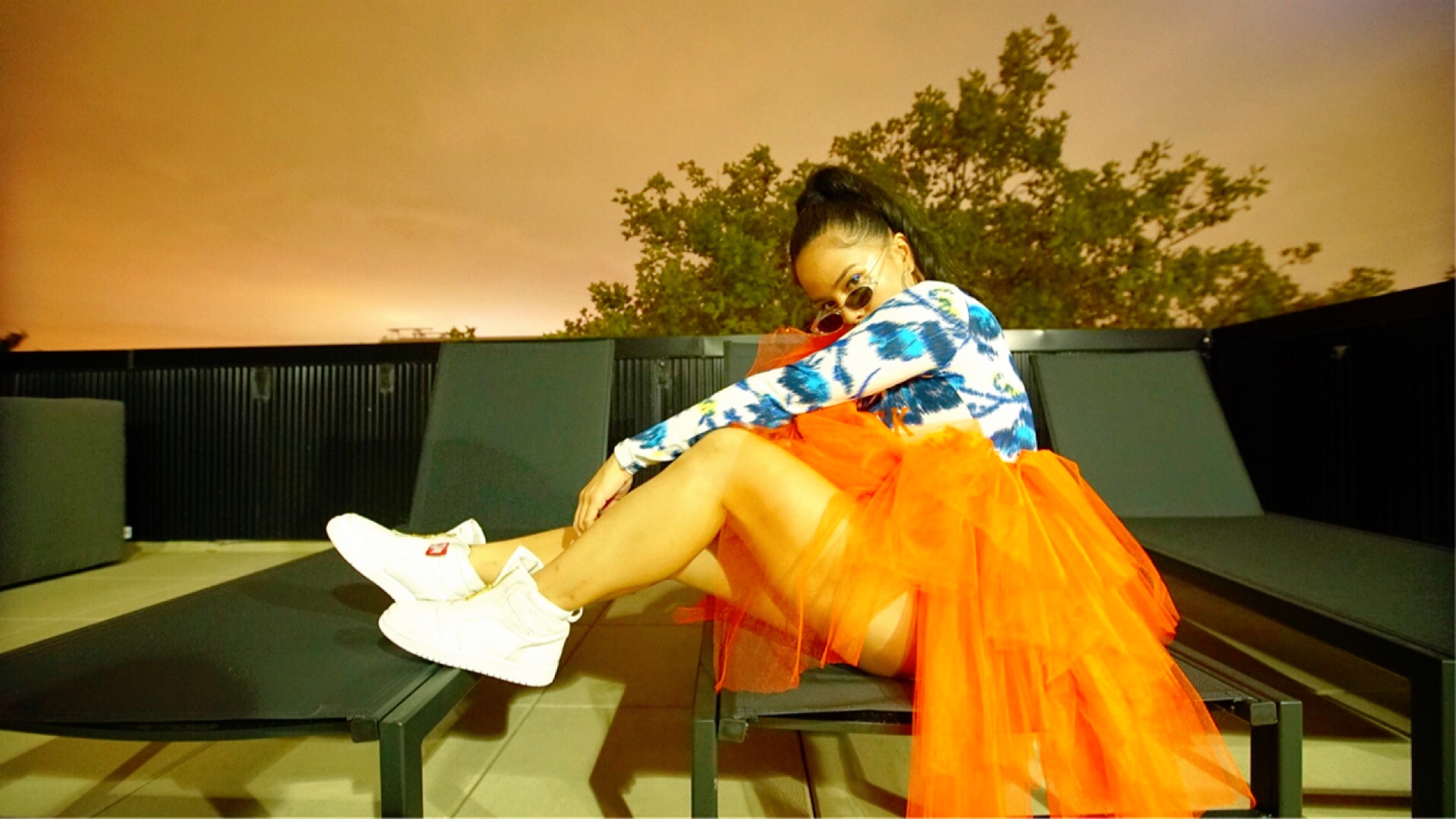
It’s this sense of connectedness that not only drives Skillshare, but also keeps the community of women and queer DJs of color so closely bound. Although Skillshare has its own Instagram page, many people come to the community by way of its members. “The community is so tight-knit and it has impacted people on such a personal level that I think word-of-mouth is one of our biggest forms of marketing,” Jada says. “I just want people to know that Skillshare is something super grassroots and community-based.”
The New York Fox, a Filipino DJ and producer from Queens, channels that same sense of community in her music to give back to the city that raised her. “I feel I am a part of a kultura and community that brings light to black, brown, and yellow kids. We serve the people. The people pull up to feel good, celebrate life, and most importantly dance. We seek to improve the quality of life through good music,” she says. “DJing gives me placement in my city that goes beyond the booth. It’s given me a platform to represent my city and an energy to give back to my community. I think we are rewriting the conversations for New Yorkers [who are] creatives and dreamers.”
Being a woman or queer person of color in New York’s nightlife scene goes beyond the mythic, glamorous facade it projects. There is great sacrifice and dedication necessary in order to navigate a largely heteronormative industry that’s dominated by white, cis-men when you can’t identify with any of those groups.
“There are a lot of politics in this [industry], with different venues and how they operate, and dealing with payments and agreements when you’re not always paid on time. Some venues don’t necessarily care about the culture of DJing — they just want to make money. And men, who are predatory or just egotistical don’t want to give you opportunities unless you have a certain amount of clout, followers, or things like that,” Jada says. “DJing from the outside looks glamorous, but most DJs I know are literally working all day long and going out at night to dj, just to wake up early the next morning to work again. It’s a lot of work and it’s more than people think.”
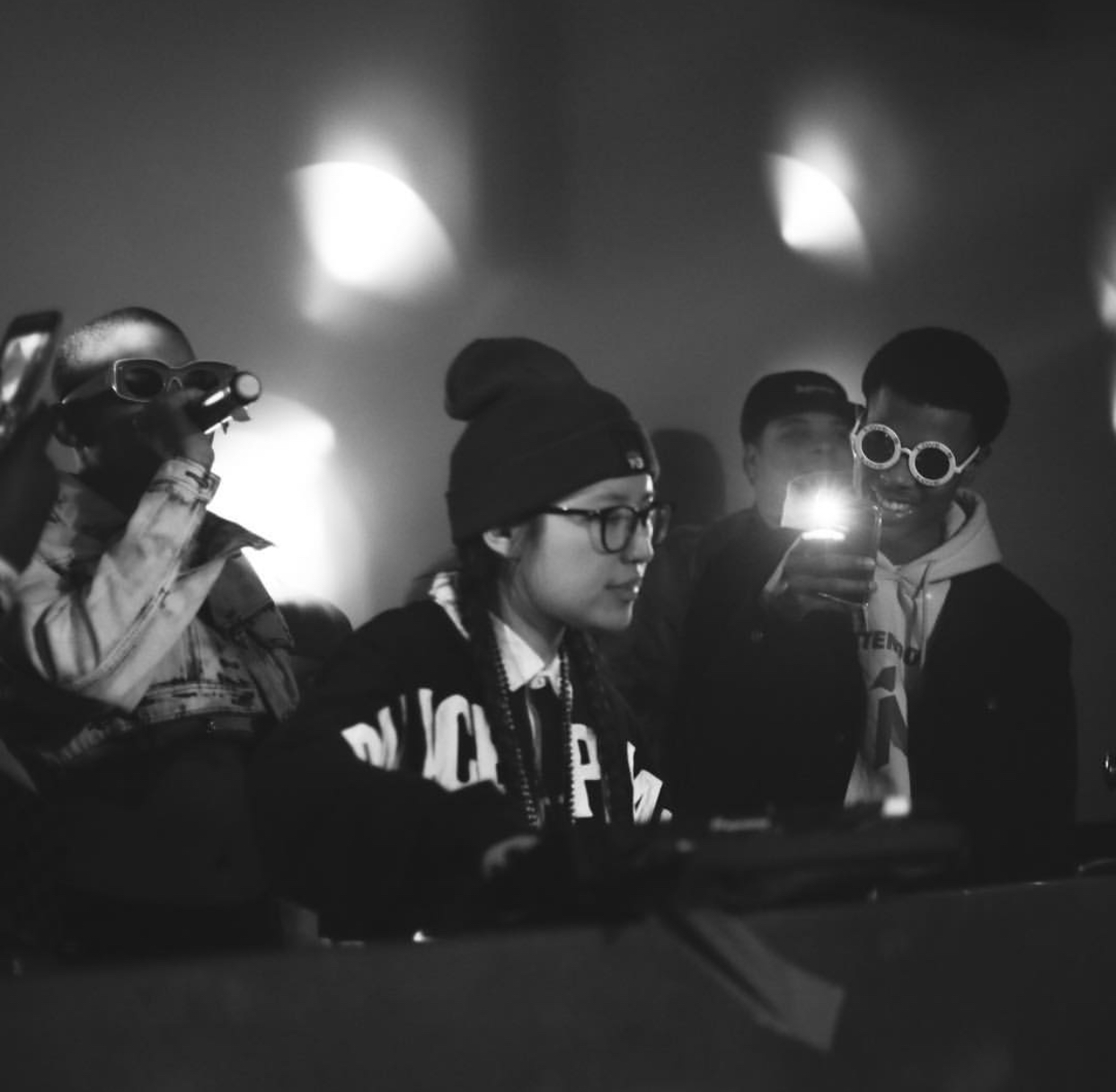
Over the past few years, New York has seen a significant increase in women who dj, but nightlife spaces could still be more inclusive. DYLANTHEGYPSY, or Dylan, a Black-Muslim DJ from the suburbs of D.C. is adamant that there’s more work to be done for her community in New York. “I think America is mimicking inclusion and has been doing so since the new social awakening. Society wants to pretend to champion the underdog, but is selective in the amount of Othered demographics they allow into a space. Being a marginalized person has been reduced to buzzwords, ad campaigns, and performative social movements in which little to no change is actually being made,” Dylan says. “They appreciate my aesthetic and my craft, but don’t accept who I am and the people I represent.”
Places like Elsewhere, Mood Ring, No Bar, Kinfolk 90, and Kind Regards, in Brooklyn and Lower Manhattan are often frequented by the Skillshare community. Some of the most important parties in New York today, like Papi Juice, Everyday People, Gush, and No Homo, were all started by women, queer, and transgender people of color to carve space, dispel alienation, and honor their community’s history of nightlife as activism.
“I’m blessed to be in New York because there is such a big woman of color, queer, and trans people of color scene here,” Kim Hu a.k.a Hu Dat says. “It’s definitely one of the coolest scenes to be in because the events are more energetic and flavorful.”
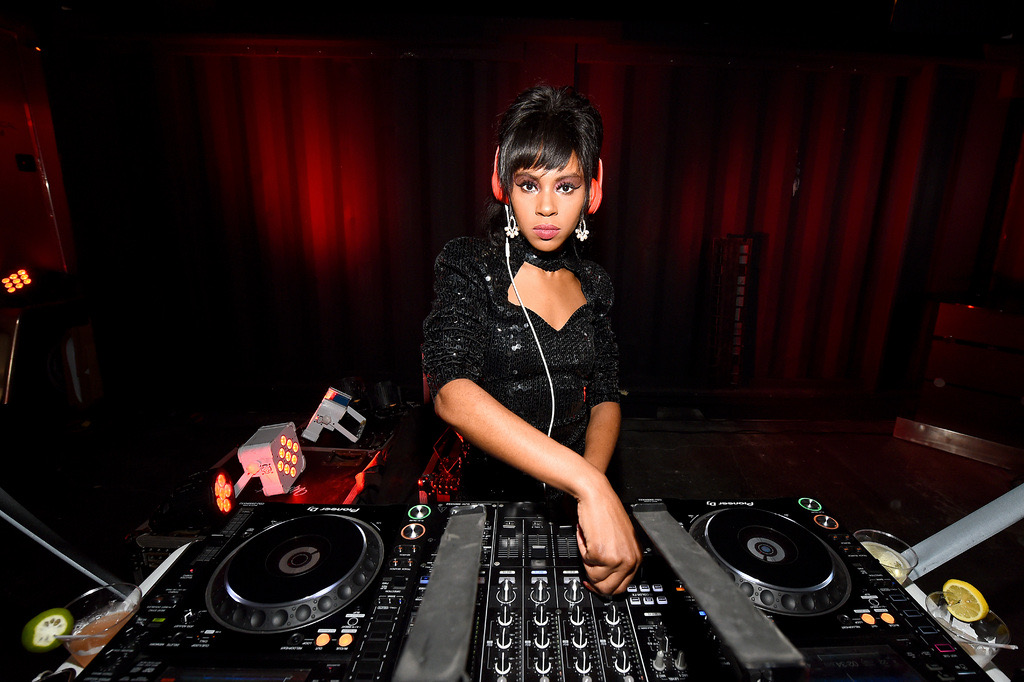
Gentrification has heavily impacted the landscape not only for women and queer DJs of color in New York, but also in terms of the music they play. In the city where DJing and hip-hop first started, New York’s musical and cultural legacies are being erased by the hour in favor of new sounds demanded by transplants, tourists, and overall more affluent groups. “These people definitely seek a certain sound and aren’t necessarily flexible. I can get more creative in Brooklyn than I can in Manhattan,” Jada explains. “Overall, though, I think that the industry, much like the world, is still learning to embrace not just women of color, but people of color in general.”
“There are a lot of challenges in terms of being embraced. It’s hard,” she adds. “I always love to champion producers of color as well, because a lot of people don’t know that dance music was created by black people in Chicago, Detroit, New York. And this isn’t just exclusive to the music industry — people are still learning to embrace black people and black music.”
As more doors open and opportunities arise in New York nightlife, women and queer DJs of color are taking their rightful places and reclaiming what’s theirs. Focusing on their craft, embracing each other, and never compromising on who they are allows them to rise above the noise. People outside of the community also feel this in their music and the energy they bring. “It’s all synergy—you give us life too,” The New York Fox explains. “I think anyone who isn’t from here isn’t used to it, that we show love in New York.”
